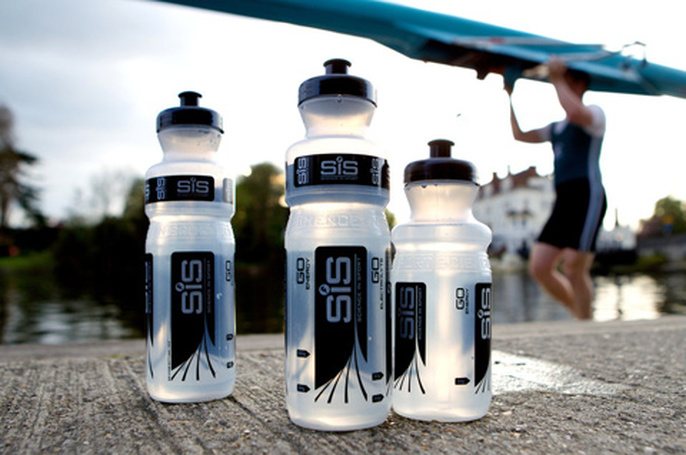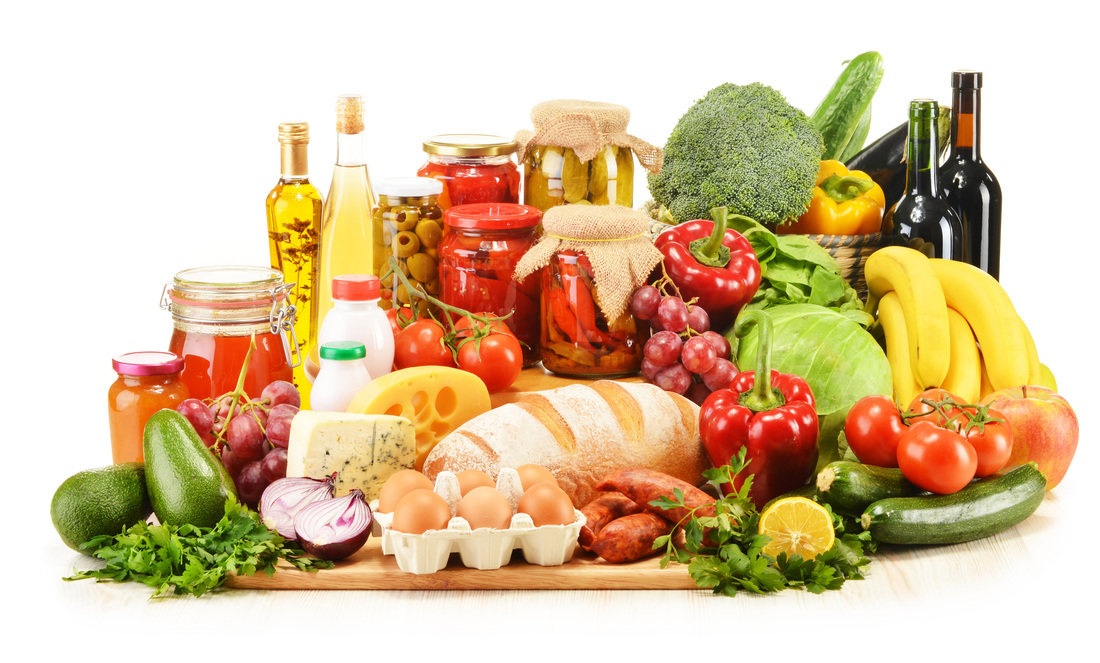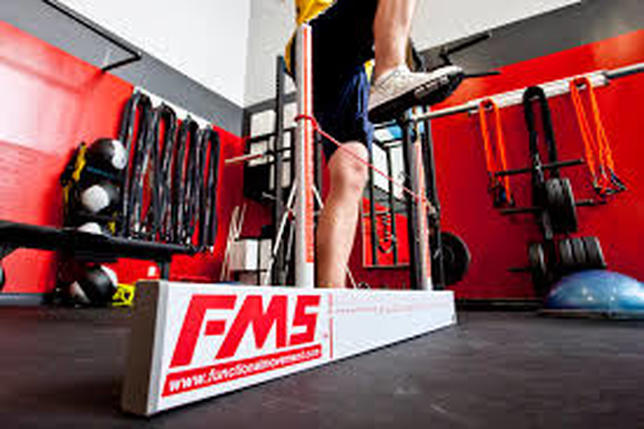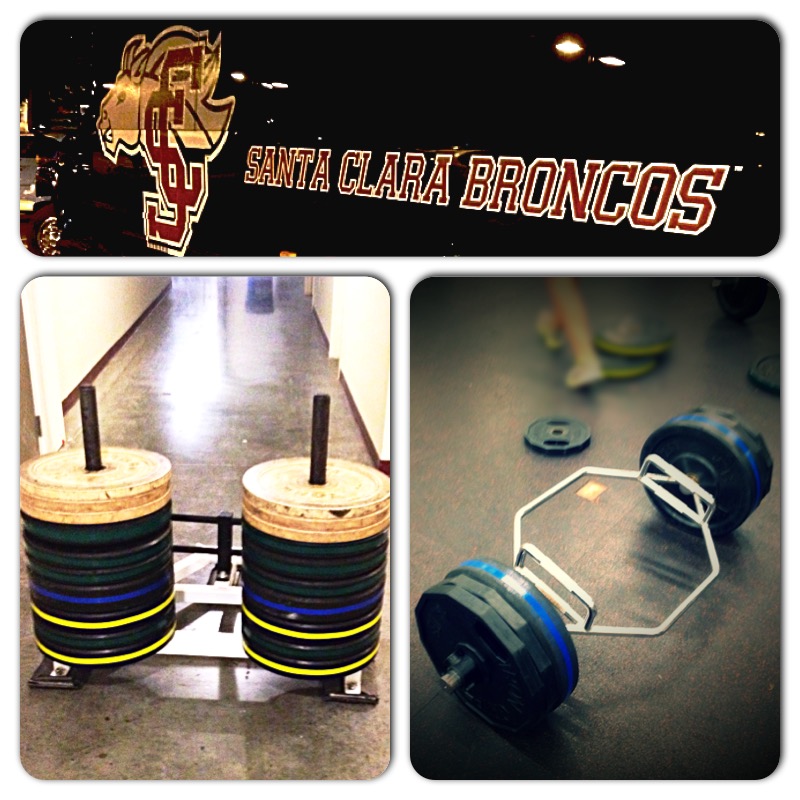Are Injuries Just A Part of The Sport? It’s no surprise to any rower that rowing places extreme demands on its participants. The movement itself, the intensity, the technique required, and the traditional approach to training makes injuries a common occurrence. Studies have found that 32-51% of rowers will experience an injury each year. When it comes to back pain, 82% of rowers report pain annually (3). So, is that just the nature of the sport? Is there no way to get around these numbers? What most people don’t realize is that we are completely capable of flipping the switch on these numbers. Fortunately, there are only 3 ways to get injured from rowing (excluding a freak accident or a serious crab). 1) Over-use or Under-recovery 2) Technical error 3) Developed imbalances Since rowing is a non-contact sport we have control over all 3 mechanisms listed above. Lucky for us, we don’t have to deal with contact injuries such as ACL tears and concussions that are so prominent in other sports. The only way you can truly keep a football player safe is by keeping him on the sideline. We, on the other hand, can reduce the chance of all injuries from ever even occurring in the first place. All we have to do is make injury reduction a priority. The simple truth is, that staying healthy is the easiest way to improve your performance. Rowers are really good at putting in the time and effort. What rowers often miss, is the fact that you not only have to outwork your opponents, you have to outsmart, and out-recover them as well. These injury rates are not the sport, it’s not normal. It’s how we’ve been training for it. In fact, there are several things that you can do that can drastically reduce your chance of getting injured. Just to be clear, no one can prevent injuries, but we can reduce the overall number of injuries significantly. If we get lucky, and we put in the time and effort, we can have an injury free season(s). The 3 Easiest Ways to Reduce Injuries The human body is a marvelously designed machine. It was literally made to adapt and respond to all types of stress. If we stress the body within its limits, and allow it time to recover, the body will adapt and improve. Therefore, if we can do more to speed up our recovery time, we will be more likely to improve, and less likely to end up without a seat. The following 3 topics are the easiest ways to increase your recovery time, and in-turn, reduce your chance of injury. 1) Sleep Athletes who sleep less than 8 hours per night have a 1.7x greater risk of being injured (2). Recommendation: Aim for 8-10 hours of sleep per day. “To function at full capacity, most athletes require about 10 hours of sleep per day, a portion of which usually takes the form of naps”(1). 2) Hydration Dehydration compromises the bodies ability to resist disease & injury. Dehydration of only 3% is associated with a 10% loss in strength. Proper hydration, on the other hand, has been shown to improve performance by up to 25%. Recommendation: Try and drink 50%-100% of your bodyweight in ounces of water daily. Read more about hydration here: http://www.rowingstrength.com/blog/hydration-for-rowers 3) Nutrition We need to replenish what we lost from exercise, including glycogen stores and muscle protein breakdown. Nutrition can also influence the amount of inflammation within the body for better or worse. Although there are times when inflammation is appropriate, an excess can slow recovery. Proper nutrition will speed your recovery between workouts, helping you perform better, and reducing your chance of injury. Recommendation: Consume easy to digest carbs and protein before, during, and immediately after practice. Consume slow digesting carbs, protein, and fat at all other meals. Do not attempt to go low carb! That diet trend has no business with rowers! When glycogen stores are inadequate, muscle recovery is slowed. Rowing can completely deplete glycogen stores within just a single 3 hour practice. Example Pre-training & During Training: Orange juice, water, and whey protein mix Example Immediately After: Chocolate Milk Example Post-Training Meal: Grilled Chicken, Sweet Potatoes, Spinach Salad 3 More Injury Reduction Strategies
|
Author
Blake Gourley holds a Masters of Science in Sports Performance Training and has over 12+ years of experience working with rowers. Read more Categories
All
Archives
August 2023
|







 RSS Feed
RSS Feed